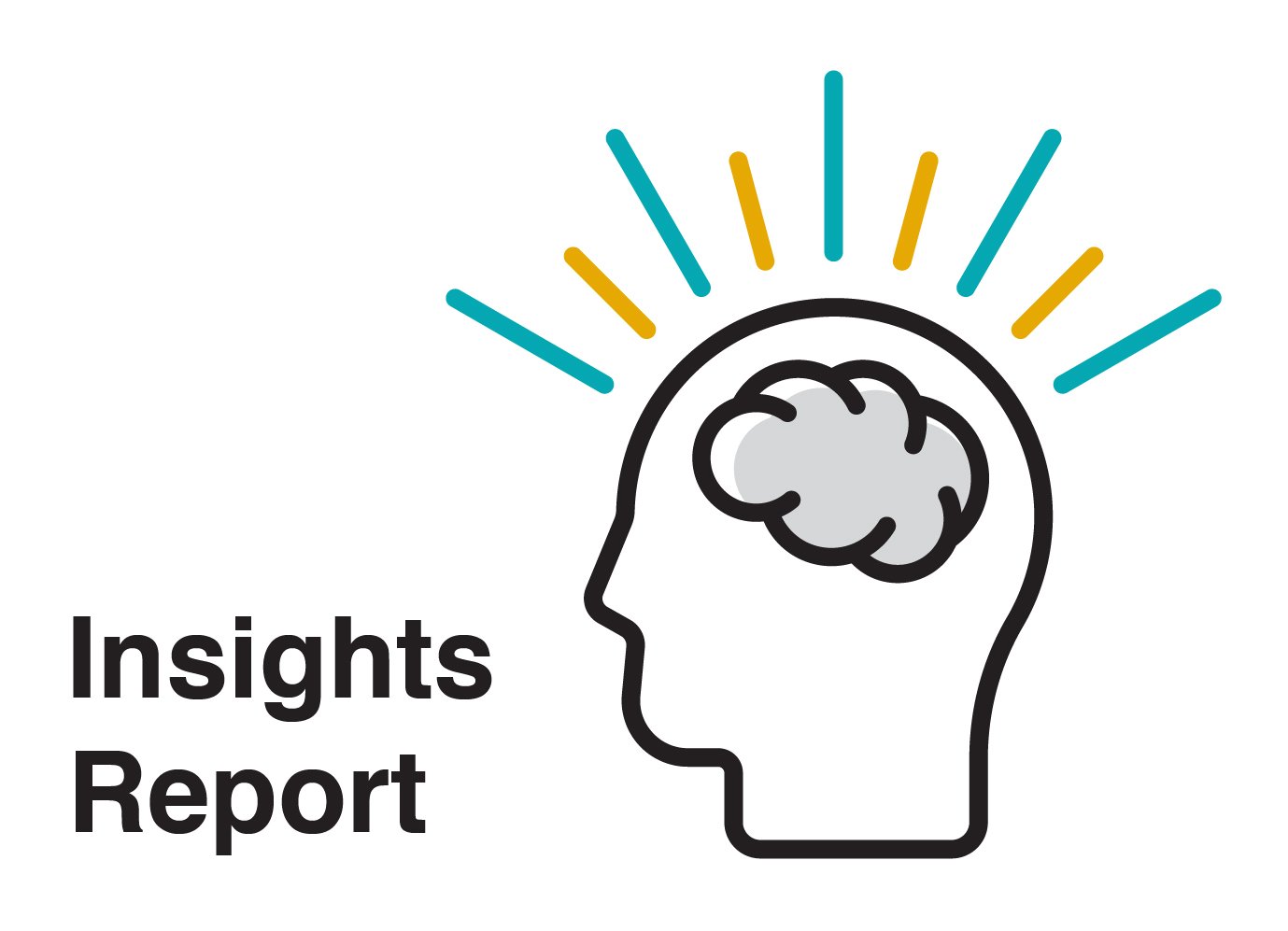Our aim at The Virtual Care Blog is to share useful Thought Leadership content to help you stay abreast of the latest news in virtual care, telehealth, telemedicine and remote care — however you might refer to it.
We know the week’s happenings came fast. Here is this week’s report featuring our take on the top news nuggets of the week!
As the pandemic raced across the country, Governors quickly issued executive orders allowing individuals to see their healthcare providers virtually with very few restrictions. As a result, telehealth's use surged. However, executive orders only last as long as the state of emergency. The Washington Examiner reported Arizona state Rep. Regina Cobb has introduced a comprehensive telehealth bill that would change the most significant restrictions on telehealth in Arizona. This legislation would require insurers to cover virtual visits the same as in-person visits and reimburse providers at the same rate for virtual and in-person visits. This is a promising state-level movement, and let’s hope there is more to come from other states.Seniors in the U.S. are among the hardest hit by the COVID-19 pandemic, and providing them with primary care proved to be a major challenge. A study by NORC at the University of Chicago confirmed this and was reported by MedCity News. Prior to the pandemic, only about 1% of patient visits were conducted virtually at Cano Health, a Miami-based healthcare center specializing in senior care. By early April 2020, north of 90% of patient encounters were conducted via telemedicine. The MedCity News editorial also cites that Oak Street Health, a primary care provider serving seniors in 13 states, was able to pivot from 0% telehealth visits to 94% in 10 days.
mHealthIntelligence reported on the importance of the Black Maternal Momnibus Act of 2021, telehealth legislation included in a bill package introduced earlier this month in Congress that aims to address ethnic and racial disparities in maternal health outcomes. The U.S. has the highest maternal mortality rate in the developed world, with minorities suffering disproportionally. Black women are dying from pregnancy-related complications at a rate three-to-four times higher than white women. Telehealth is a means to address the nation’s high maternal mortality rate by improving access to quality and affordable healthcare, especially among those who have been left out or left behind.
A key treatment for opioid addiction, buprenophine, will become harder to prescribe once temporary rules for telehealth expire, but a new report says that the Biden administration can make the change permanent without Congress. Forbes reported that Congress can pass legislation making the prescribing changes permanent, but they are currently focused on the economic stimulus and funding to address the pandemic. The administration does not have to wait for Congress to act, according to a report released Tuesday by researchers at George Washington University. Why does this matter? Opioid abuse is still a major problem in the U.S. In 2020, opioid overdoses rose 29% in 2019 with this year being the deadliest year on record for drug overdoses.
Patients with limited English proficiency present a unique set of challenges in integrating telehealth and ensuring equity. Health Affairs conducted a survey with 84,419 respondents, and researchers assessed the association between limited English proficiency and telehealth use. They found that patients with limited English proficiency had lower rates of telehealth use (4.8 percent versus 12.3 percent) compared with proficient English speakers. This study suggests that limited English language proficiency is an important consideration for telehealth equity. Learn about eVisit’s recent platform release including Spanish language. Don’t miss future weekly insights reports and other news from The Virtual Care Blog. Sign up for our weekly newsletter below
To learn more about the eVisit Virtual Care solution and our consultative approach to helping the nation’s largest healthcare organizations establish an enterprise-wide virtual care offering, schedule a demo below.




